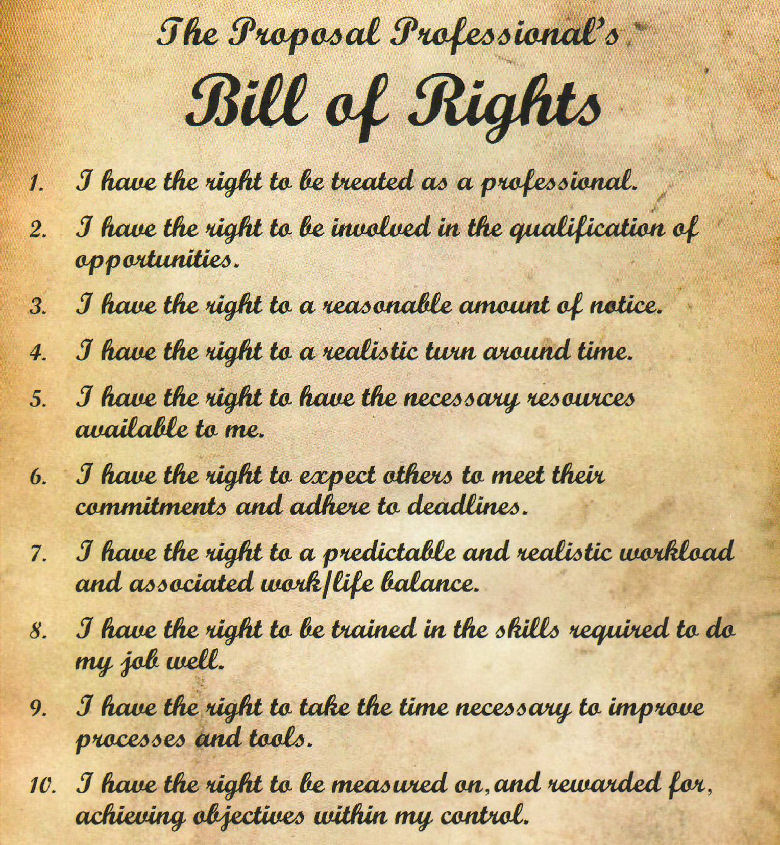329.WHAT IS THE BILL OF RIGHTS?
The supreme law of the United States is written out in the Constitution. It is the one set of laws that everyone — no matter what city or state he lives in — must obey.
When the Constitutional Convention met in 1787 to draw up the Constitution, most of the delegates took for granted that there were various rights people had that didn’t have to be written into the Constitution. But Virginia and many other states felt that it would be wiser to protect those individual rights by having them written down, and so they insisted that a Bill of Rights be added to the Constitution.
Ten amendments, known as the Bill of Rights, were added to the Constitution. The Bill of Rights guarantees that:
1. People have the right to say and write what they wish, to meet together peaceably and to complain to the government. Congress cannot set up an official religion or keep people from worshiping as they wish.
2. The states have the right to arm and drill their own citizens in a state militia.
3. In peacetime, people cannot be forced to take soldiers into their homes.
4. An official cannot search a person or his home or seize his property without a warrant. A warrant (a paper signed by a judge) can be issued only if it is necessary to catch a criminal or to prevent a crime.
5. No person can be put on trial unless a grand jury has decided that there is enough evidence for a trial. No person can be tried twice for the same crime. No person can be forced to give testimony against himself. No person can be executed, imprisoned, or fined except after a fair trial. Private property cannot be seized for public use unless the owner is paid a fair price.
6. A person accused of a crime must be tried quickly; the trial must be public; he has a right to have a jury hear his case; he must be told of what he is accused.
7. In a lawsuit for more than $20, a person can demand a jury trial.
8. An accused person has the right to put up bail.
9. The rights listed here are not the only rights that people have.
10. The powers not given to the federal government nor forbidden by it to the States, belong to the states or to the people.



Leave a Reply